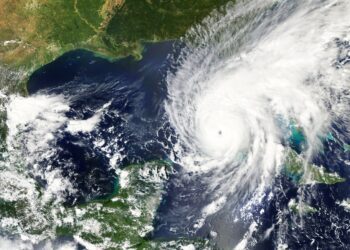Studies suggest that fatigue can weaken an economy.
Two weeks of sleeping for just six hours per night slows the brain as much as pulling two consecutive all-nighters.
Thomas Edison thought sleep was a waste of time, preferring instead to take a series of daily power naps. So did Leonardo da Vinci. Donald Trump has said he does not believe in sleeping too long (favoring three hours per day), which is in direct contrast to Obama, who said he didn’t get a huge amount of sleep as president but cherished the six hours he could manage.
As a society, we are constantly reminded that we require eight straight hours of sleep to function properly.
The National Sleep Foundation (NSF) reports that adults should ideally sleep between seven and nine hours per night. “Sleep less and you may harm yourself and others,” the NSF claims. “A 20-hour stint of wakefulness has the same debilitating effect on reasoning and reaction times as drinking a bottle of wine.”
Where is sleep across the world?
Residents of most developed countries tend to be well-rested, suggesting that a good doze is something of a luxury. The exception is found in East Asia and the Middle East. In Taiwan and South Korea, for example, workers turn in at 1am on average. Many of those in Islamic countries get up early for morning prayers. Studies even suggest that fatigue can weaken an economy.
Japan is the weariest nation of all: a 2016 study found that exhaustion cost it nearly 3 percent of annual GDP, largely due to a lowering of productivity.
Even in the West, the modern world, with its many distractions, has shortened the amount of rest we are able to enjoy. Data shows that Americans today get 1.5 hours less sleep than they did a century ago.
Click here to read on how rest for your devices is also key for achieving productivity.













